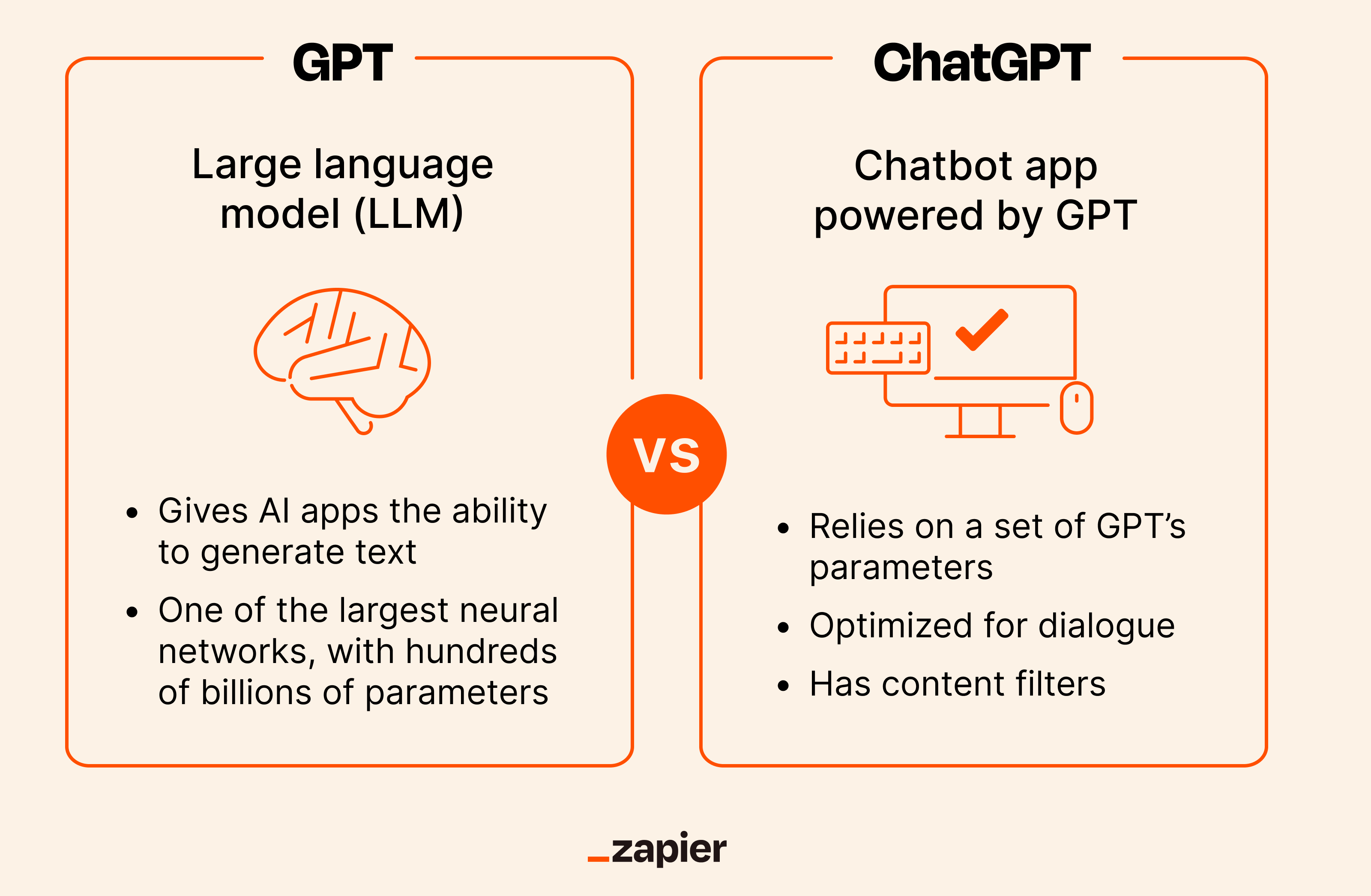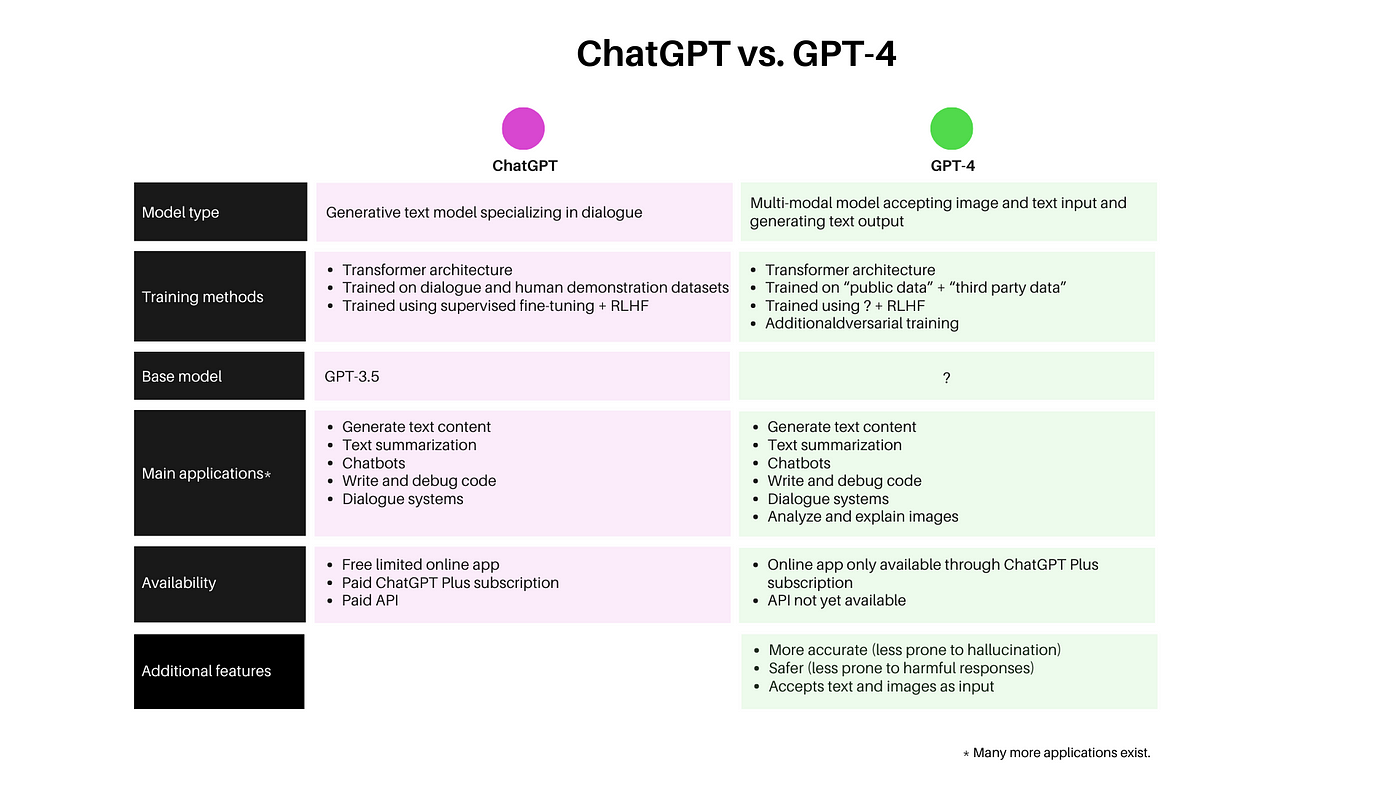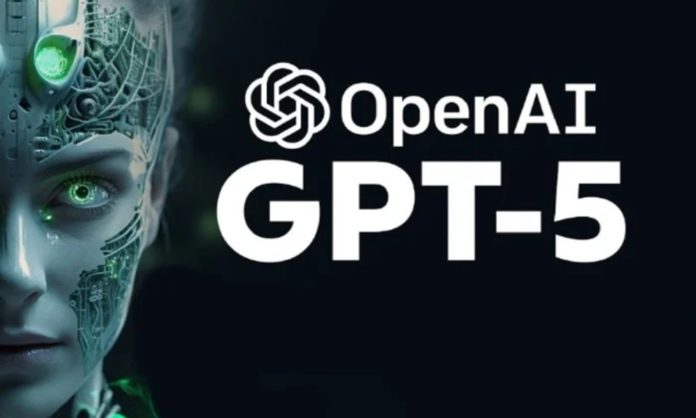Recently, OpenAI, the artificial intelligence (AI) powerhouse, unveiled the upgraded features of its advanced AI model, GPT-4. However, in an interview with Financial Times, CEO Sam Altman revealed that the company is already laboring on an even more transformative version, GPT-5. Altman refrained from specifying a launch timeline for this upcoming iteration.
Since the groundbreaking release of ChatGPT in November last year, OpenAI has consistently introduced improved versions of its GPT model, which powers the conversational chatbot. The most recent upgrade, GPT Turbo, promises faster and cost-effective utilization of GPT-4.
Many tech companies worldwide aspire to emulate OpenAI’s success by training their AI models. To maintain its pioneering position, OpenAI must eventually introduce a distinct version of its AI model. Altman provided a glimpse of what this might entail.

Evolving Capabilities of GPT-5
OpenAI has ventured into areas such as Application Programming Interface (API), launched a plugin store, and collaborated with Microsoft to embed an AI layer in its office tools and web browser. However, Altman clarified that these endeavors weren’t proprietary products of OpenAI. Instead, the company concentrates on developing more potent AI agents capable of executing more intricate tasks, aiming for what Altman termed “magic intelligence in the sky.”
To accomplish this, OpenAI is pursuing larger datasets to train its models and has even sought private data sets. However, the specific capabilities of GPT-5 remain uncertain even to Altman. The CEO highlighted the technical challenge in predicting its functionalities until the model undergoes training.
Reliance on Tech Giants and Investments
OpenAI’s future hinges on collaborations with tech giants like Microsoft, Google, Intel, and AMD. Microsoft has notably invested substantial funds in OpenAI for training and support. However, developing a more intricate AI model necessitates even more significant financial resources, surpassing the $10 billion investment by Microsoft.
Altman acknowledged the arduous task of developing artificial general intelligence and the considerable expenses incurred in model training. While OpenAI isn’t profitable, it sustains itself with support from Microsoft and other investors, aiming for future revenue generation.

The company relies on Nvidia for advanced chips, but limited supply has impeded progress. Altman remains optimistic, anticipating improvements next year, buoyed by attempts from companies like Google, Intel, and AMD to create their AI chips, which could benefit OpenAI’s endeavors.
Although no specific timeline exists for GPT-5’s release, it is undoubtedly in the works. OpenAI aims, once again, to outpace its competitors significantly, akin to its previous advancements.
Stay tuned to Brandsynario for the latest news and updates.










































